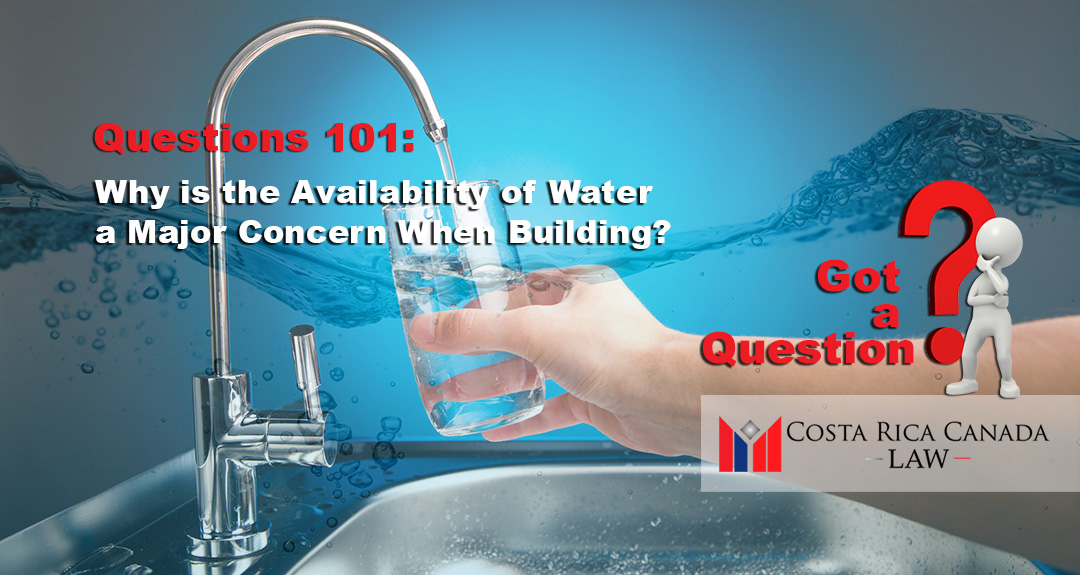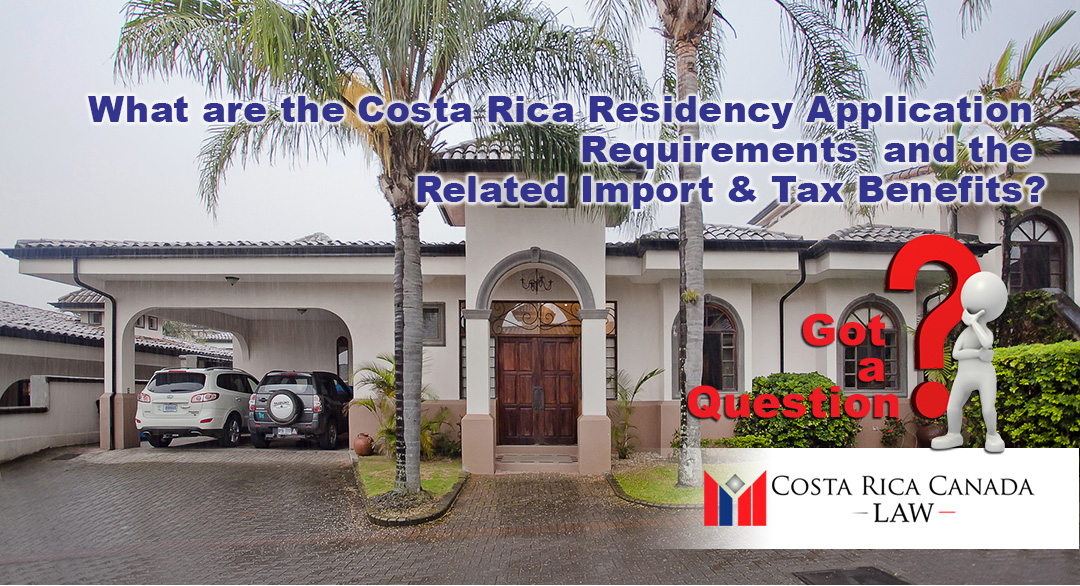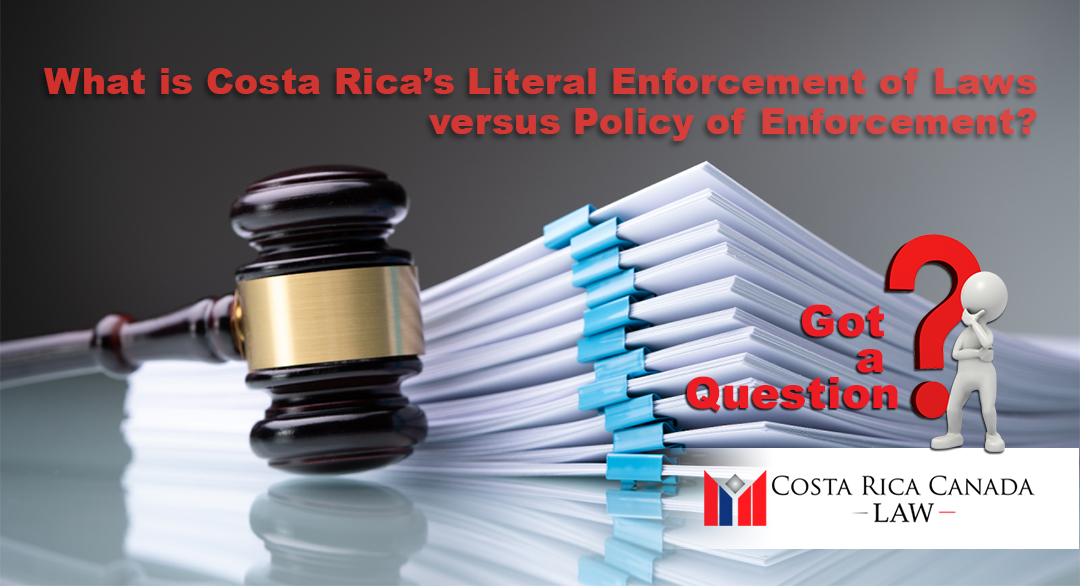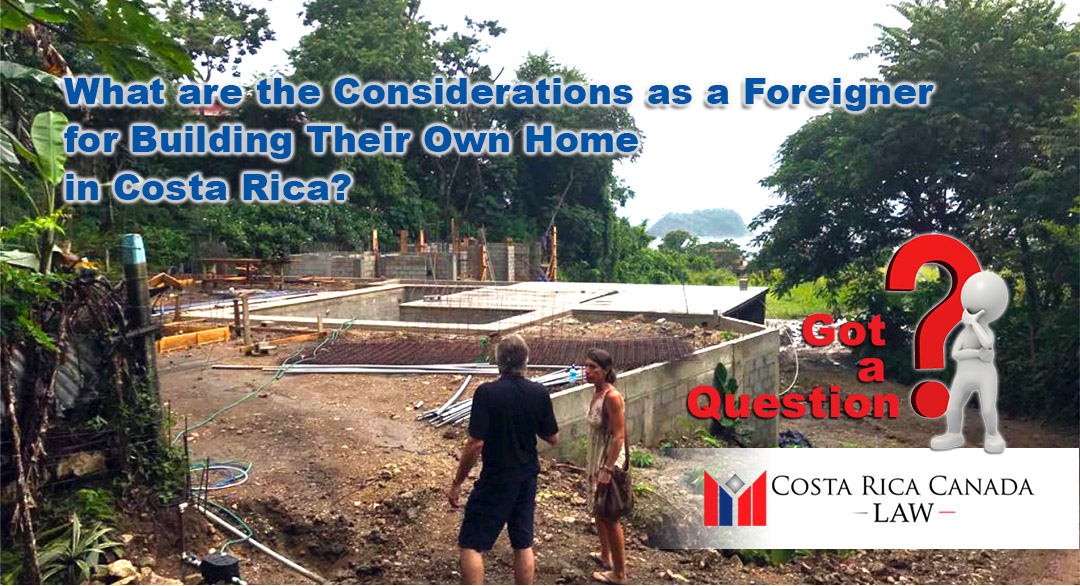Why is the Availability of Water a Major Concern When Building?
You may believe that Costa Rica, as a tropical country, with bountiful rainfall in the wet season, would have no issues related to the supply of potable water. Unfortunately, in many parts of the country, this is not the case, as availability of the infrastructure necessary to store and distribute potable water is lagging significantly behind current levels of development. Your concern for the availability of potable water will equal, if not exceed, your concern for a suitable building location, when considering building a home in Costa Rica, particularly in the dryer parts of the country. The requirement to conduct the necessary legal due diligence regarding the availability of potable water to a chosen building site, cannot be overstated.
Proprietary Water Rights are Vested in the State
In Costa Rica, the proprietary right to manage and allocate the county’s potable water reserves is vested in the State. The main Governmental Water Regulatory Authority is known as AyA, short for “Acueductos y Alcantarillados”, or in English, Water and Sewer Systems. This is the Mother Water Regulatory Body for the management and distribution of water in Costa Rica.
Community-based Water Regulatory Associations known as ASADAS, short for “Asociaciones Administradoras de los Sistemas de Acueductos y Alcantarillados Comunales”, exist in many urbanized rural parts of the Country, which manage local water systems in their local area of jurisdiction, but are subordinate to the jurisdiction of AyA.
Private wells, granted by Government Concession and registered in the National Water Well Registry known as SENARA, short for “Servicio Nacional de Aguas Subterráneas, Riego y Avenamiento”, also exist on individual private properties, where permitted by MINAE, the Ministry of the Environment. In dryer parts of the country, such as the Province of Guanacaste, private drilling of wells is prohibited in many areas.
Water Authority Letter Required for Issuance of Municipal Building Permit
In order to obtain a Building Permit from the Municipality which has jurisdiction over the location where you intend to build, you must provide an official Letter of Authority from the applicable local Water Regulatory Authority, or proof of a registered well concession having been granted for private property, indicating that there will be a suitable source of potable available to the particular property for the intended construction. This Letter of Authority must be submitted to the Municipality, along with a set of Architect approved Building Plans, at the time of the Building Permit Application. In the ordinary course, such a Letter of Authority would be requested by the purchaser from the seller of such a building lot, as a part of the required due diligence performed by the purchaser, at the time of the purchase. If such is not the case, it is imperative that the due diligence performed by the building lot purchaser demonstrate at the time of purchase, that such a Letter of Authority will be available at the time of the Building Permit Application being made.
My Opinion
Unfortunately, many otherwise suitable building sites fail for the want of legal access to potable water. In the year 2022, pursuant to Executive Decree No. 43100 of the Ministry of the Environment (MINAE) rainwater capture as an independent potable water source for a particular property became a possible solution. For reservoirs with up to a capacity of 5,000 cubic meters, the requirement is the inscription with the National Concession Registry, under the authority of the Direction of Water, in the Ministry of the Environment. Reservoirs exceeding 5,000 cubic meters in their capacity, must have have a Concession License issued under the Water Law and be approved as to their environmental viability, by the Technical Branch of the Ministry of the Environment (SETENA). A Water Letter confirming the registration of such a water system may be issued by the MINAE Registry, in the same manner as a Water Letter is issued for a well Concession. Of course, the acceptance of such a Water Letter is subject to Municipal Approval with respect to it reliance for the issuance of a Building Permit. It is my advice, that anyone seeking to rely on this method of a potable water supply for the issuance of a Building Permit for a property, to inquire of the applicable Municipality in advance of the purchase of such a property, as to the Municipality’s acceptance of such a potable water source for the purposes of issuing a Building Permit.






